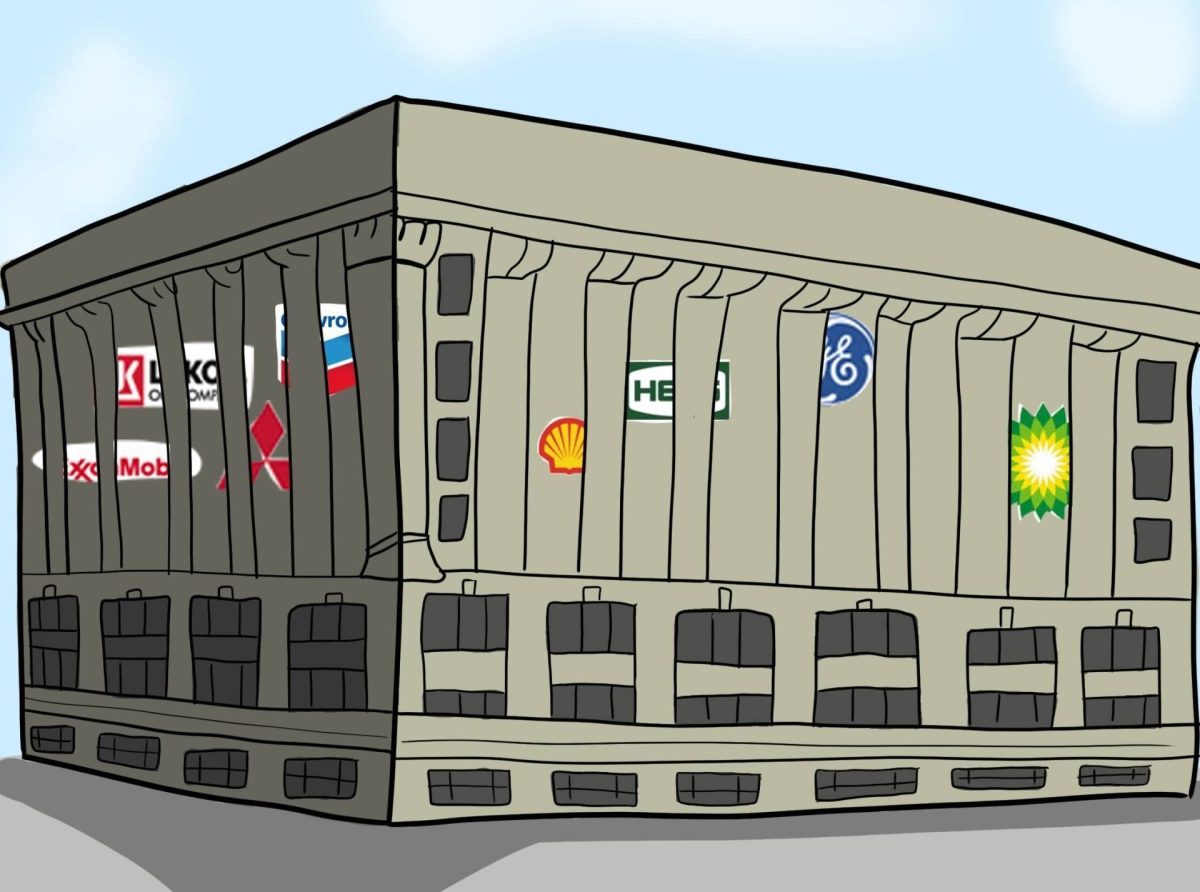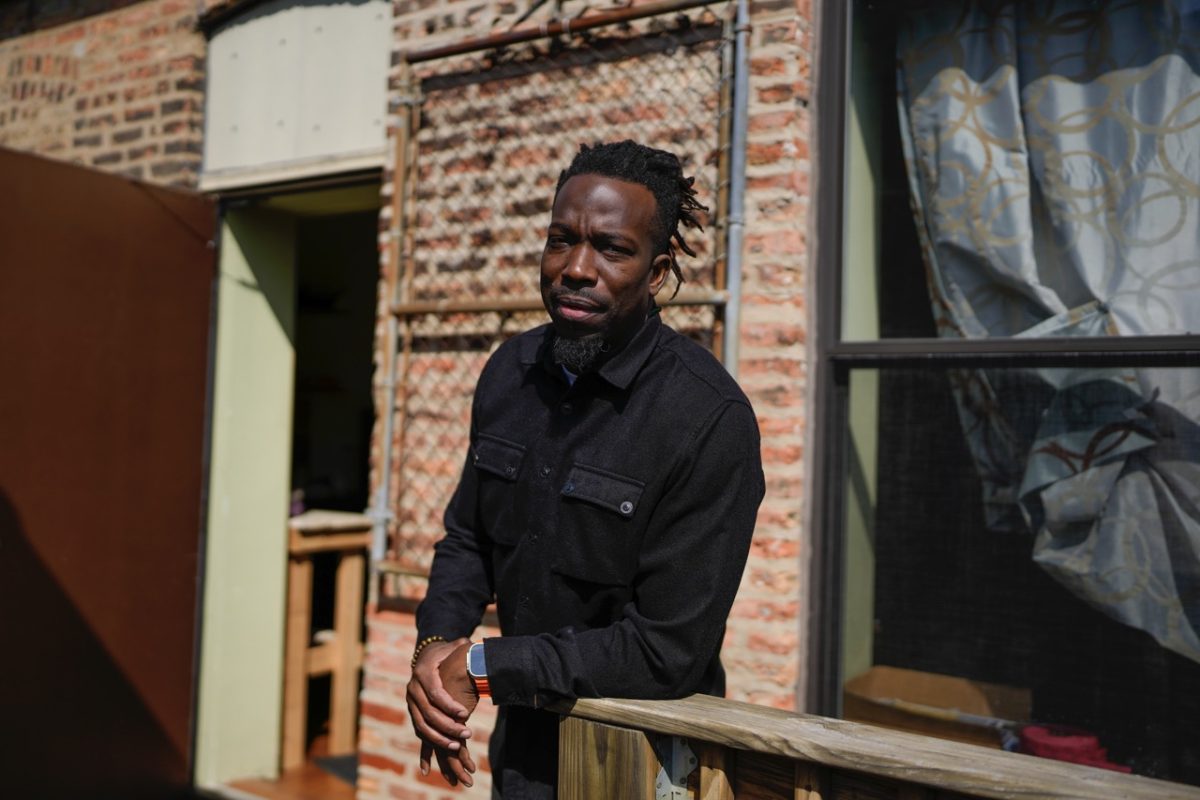Think through your daily routine. Most likely, it involves waking up to an iPhone alarm, checking Facebook and Twitter, texting friends, surfing the web and-when there is nothing else to do-watching a never-ending supply of YouTube videos of everything from flash mobs to cringe-worthy singing auditions. From smartphones to iPads, the internet and society are so deeply intertwined that the two are virtually inseparable.
Last week, Mayor Rahm Emanuel unveiled a plan to expand internet access throughout Chicago: establishing a high speed broadband network, including free wireless internet access in 15 business districts throughout the city.
In a Sept. 24 statement, Emanuel said that if the plan passes, the “Chicago Broadband Challenge” will secure Chicago’s position as a “technological mecca.” Not only will Chicago have greater access to high-speed broadband than any other U.S. city, it will also benefit underprivileged areas of the community.
The primary focus of the plan is to establish high-speed Internet access in 15 “key innovation zones.” These areas, located mainly in the business districts of Chicago, will be the first to receive the low-cost broadband. They also hope to extend high-speed Internet access to low-income sectors of the city, thus providing “disadvantaged and underserved” residents with an amenity they may not typically possess.
Emanuel envisions a city in which all public areas, from city parks to plazas, will enjoy free wireless Internet.
DePaul junior Jacqueline Spitzack wonders how many people in the low-income bracket Emanuel is targeting have portable internet devices, but also said she would personally benefit from citywide wifi.
“Internet is expensive,” said Spitzack, “It would give students who don’t live on-campus access to what on-campus students have.”
Meanwhile, DePaul freshman Antonio Scheiber feels that improved broadband would greatly benefit small businesses and schools, especially in Hyde Park, the area of the city where he was raised.
Emanuel will also take suggestions from citizens on how to best design and implement the plan. Spitzack wonders how Mayor Emanuel plans to obtain responses from underprivileged citizens he targets with this initiative.
“Who has access to go online? If you have limited access, you won’t be able to give your opinion,” said Spitzack.
Regardless of how many people participate in this initiative, Emanuel will undoubtedly receive a plethora of opinions. While Spitzack argued that the proposal is “unnecessary,” Scheiber disagreed.
“There are many places without free Wi-Fi,” said Scheiber. “Some places you need to either pay for Wi-Fi or purchase items.”
And while Scheiber conceded that, if passed, the Broadband Challenge could “hurt businesses” such as “small cafes and Starbucks,” he feels that overall the pros outweigh the cons.
At this point, Mayor Emanuel has done all he can to promote the “Chicago Broadband Challenge.” Now it’s up to the citizens to decide what the next step in this initiative will be, and they can share their thoughts on this project by visiting cityofchicago.org/broadband.







